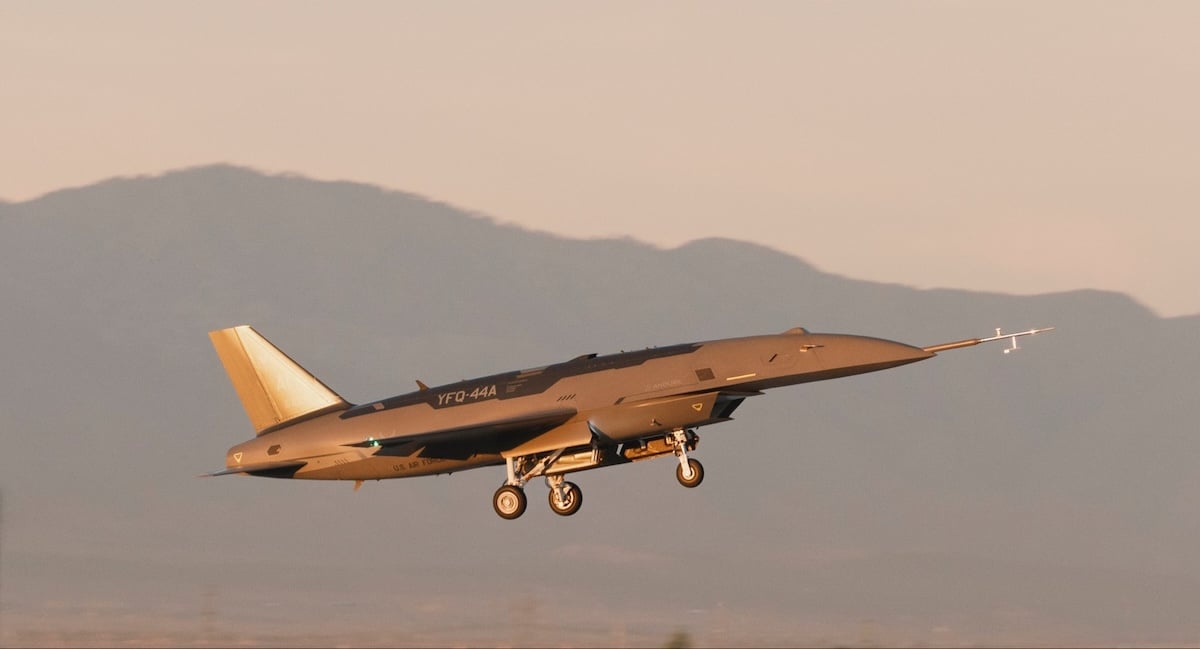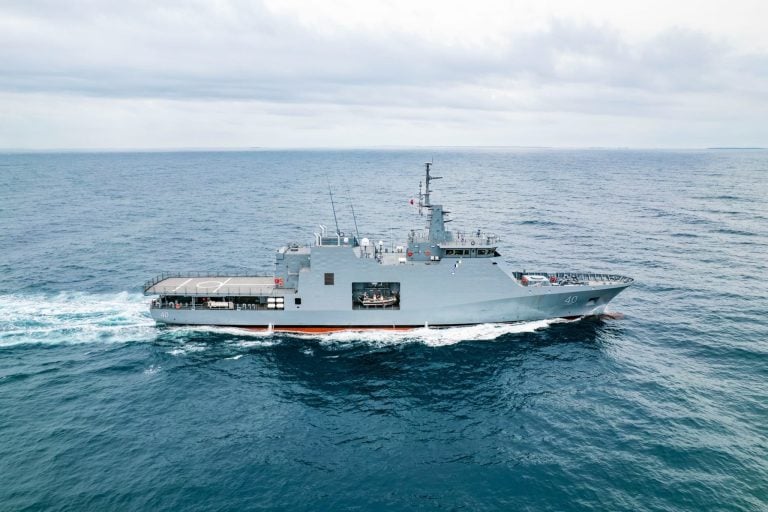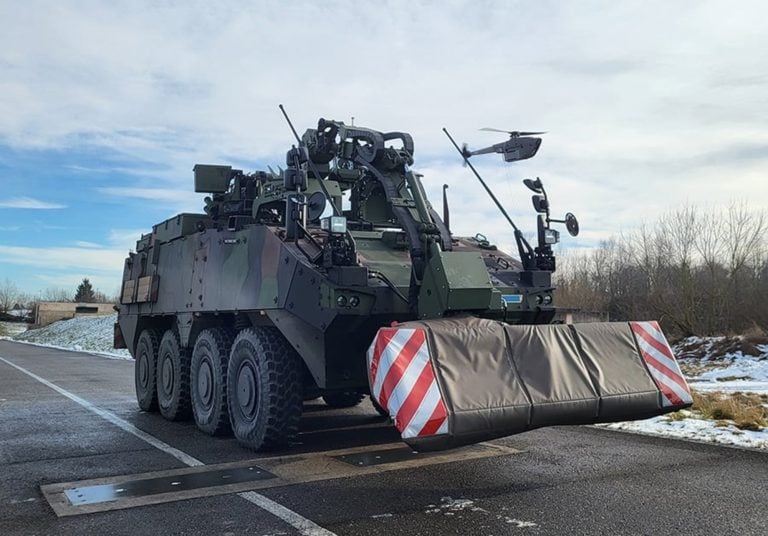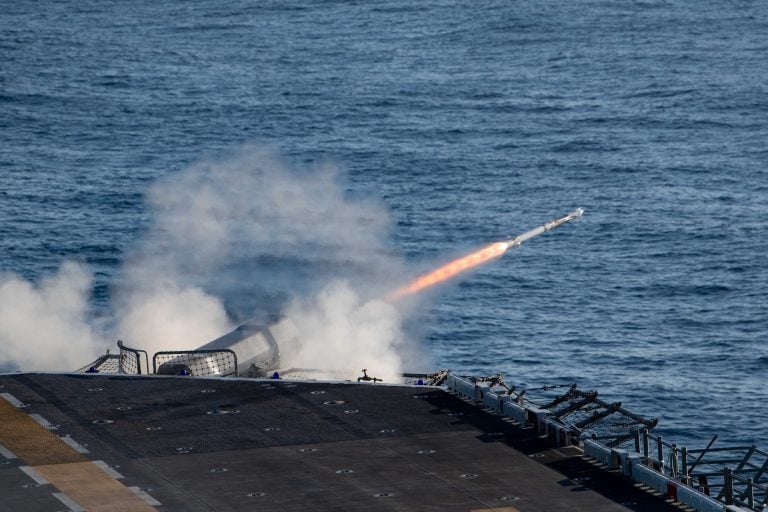The YFQ-44A drone prototype, developed by Anduril for the U.S. Air Force’s Collaborative Combat Aircraft (CCA) program, has successfully completed its maiden flight. However, both Anduril and the Air Force have opted to keep the specifics of the flight performance under wraps, including details such as the aircraft’s configuration, total flight time, and any potential issues experienced during the test.
This milestone follows the August 2025 flight of General Atomics’ YFQ-42A, another prototype selected for the first phase of the CCA initiative. Both companies were enlisted in April 2024 and went through a critical design review in November of the same year, paving the way for ground testing that commenced in May 2025.
An official from the Office of the Secretary of the Air Force emphasized the importance of these tests in providing essential data to refine requirements and mitigate risks, ensuring that the CCA program delivers combat capabilities swiftly and effectively in response to existing threats.
In addition to progressing through flight tests, Anduril is preparing for mass production of the YFQ-44A. The company is innovating with a new production system, utilizing the “ArsenalOS” common software backbone while constructing the Arsenal-1 facility—a substantial 5-million-square-foot production site located in Columbus, Ohio. Anduril reports they are “on track” to begin production of the YFQ-44A at this new facility by the first half of 2026.
The YFQ-44A is categorized as a Group 5 uncrewed aerial system and incorporates Anduril’s Lattice software. The design focuses on improving survivability, lethality, and overall mission effectiveness, either in collaboration with crewed fighter aircraft or while operating autonomously. Integration of weapon systems onto the drone is already in progress.
Looking ahead to 2026, Anduril and the USAF plan to establish tactics for the YFQ-44A, conducting autonomous missions that involve multiple drones collaborating with crewed fighters. These efforts will extend beyond controlled testing sites, showcasing the operational capabilities of the drone.
The CCA program’s overarching goal is to develop autonomous or semi-autonomous uncrewed aircraft that serve alongside piloted fighter jets, such as the F-22 Raptor, functioning as “loyal wingmen.” Both the YFQ-42A and YFQ-44A continue their development and are scheduled for additional trials at Edwards Air Force Base in California, with operational assessments planned at Nellis Air Force Base in Nevada.
Once fully operational, the first aircraft readiness unit for the CCA program will be stationed at Beale Air Force Base in California, responsible for maintaining the drones to ensure their readiness for global deployment.







